01 Hulk
The biggest pitfall is continuously learning new technologies and constantly talking to successful people, trying to learn some profitable skills from them for your own use. Every successful person's method is integrated into his blood and is together with his life experience, personality, habits, and physical condition.
In trading, there is only one thing that is the same, that is to lose less when losing and earn more when making a profit. Note that the loss mentioned here is not just a paper loss, and the profit is not just a paper profit, but the actual amount after closing the position. This sentence is worth pondering.
In trading, there is another pitfall, which is to firmly believe that one day you will make money. The transformation from a loser to a stable profit-making expert is definitely not how long you have studied the technology, nor is it because you have a deeper understanding of the market. Real winners will strongly agree with this sentence, and this turning point must be something outside of trading.
For example, your wife wants to divorce you.
For example, your child has been promoted from kindergarten to elementary school, and you are still doing nothing.
For example, you give up trading and become a truck driver for a year.For instance, imagine a day when you gather with your classmates and realize that your Alipay balance is not even as much as the amount the hostess at the KTV has.
The change in mindset and maturity is the inevitable factor that turns a loser into a winner.
The methods of trading, for someone who loves to learn, will basically be understood within the first three months. The rest of the time is nothing more than finding the method that suits oneself best.
Don't set your expectations too high, start from small losses to no losses, and then gradually make profits. Manage your funds well, decide how much you can lose each month at most, how many times you can lose on each trading variety, and how much you can lose each time at most. Once you have calculated all these things, then go ahead and do it.
In fact, trading is the same as doing business. People who do business well have the ability to control uncertain events.
For example, if you go into the fruit business, you buy some apples from the farmers and sell them back. The initial idea is very simple: the price from the farmers must be cheap. I drive from Anhui to the wholesale market in Zhejiang, make a little less profit the first time, and sell it as soon as possible. But when you really get started, you will encounter the following problems:
1. How to choose the fruit from the farmers, and how should I bargain?
2. What if you encounter a traffic police check for overloading on the way?
3. When I get to the wholesale market, why is it that even though my price is cheaper than others, no one is interested?
4. Oh no, the apples are almost rotten, and I still haven't sold half of them. Should I store them in someone else's cold storage first and sell them slowly?5. Someone wants to buy my apples at a low price, and I really want to sell them cheaply, just to get it over with and never do it again!
This is entrepreneurship, just like trading, dealing with uncertainty, you have to understand the solutions after all problems occur. Some solutions are not skills, they are not something you can learn by studying. It depends on the accumulation of time.
Why are other people's apples sold so cheaply, isn't this going to lose money? Yes, they are selling at a loss, but they can make it back next time. Do you have the courage to sell at a loss? You say yes, okay, can you make it back next time? You say no, you are determined not to lose money, okay, then the rotten apples are for you to eat.
02 Qin KK
Trading is an exchange between oneself and the outside world.
Oneself needs to keep up with the pace of changes in the outside world. If you can keep up, you can take from the outside world, if you can't keep up, the outside world will take from you.
When one's rhythm resonates with the outside world's rhythm, the outside world gives to oneself; if it deviates, oneself gives to the outside world. Therefore, traders need to know how they are changing, how the outside world is changing, and how their own changes can keep up with the changes in the outside world.
In these three aspects, there will be many obstacles and pitfalls in each aspect.
But limited by the level of cognition, before reaching success, it is difficult for you to know which pitfalls are the real ones for you. Because if it is a pit, it means that you are in the game and it is difficult to detect. If you know it is a pit, you will definitely avoid it and be alert, and it will not be a pit for you. Only after going through it do you know it is a pit, and if you haven't come out, you will only feel that you are walking on a flat road.Just as you look at the past of the market, the trend is clear; looking at the future of the market, it's all vague. Here I offer a simple method of judgment:
What the public thinks, what the public values, and what the public pursues, there is a high probability that it's a pit.
If you think like the public, then you are likely to fall into the pit.
One's own narrow-mindedness and paranoia will hinder the understanding of the truth and hinder oneself from following the objective changes in the outside world.
This is the biggest pit for traders.
And this point is hard for the public to notice, at the same time, this point is also the secret to the success of successful traders.
How does the outside world change?
Nature moves in a way of fluctuation, with large and small fluctuations, and both large and small fluctuations are relative to one's own ability. The fluctuations that can be influenced are small fluctuations, and the fluctuations that cannot be influenced are the objective large fluctuations.
Relatively large objective fluctuations drive the occurrence of events, events drive people's expectations, expectations drive the game of capital, the game of capital drives the fluctuation of prices, and the K-line on the market is a record of price fluctuations.
Fluctuation ——> Event ——> Expectation ——> Game ——> MarketThis is how the market operates. The public's narrow-mindedness in understanding external changes is manifested in: seeing only the trees and not the forest, and isolating and severing each link.
"Technical analysis is useless, or fundamental analysis is useless, or philosophy is useless."
Being complacent with obtaining one link and despising the exploration of other links is a manifestation of narrow-mindedness. The key to hindering progress is not one's own ignorance of "how the market changes," but one's own prevention of understanding "how the market changes." Does this mean that the biggest pit is within oneself?
One's own narrow-mindedness is the biggest obstacle to progress.
Therefore, it is necessary to constantly question oneself. Any understanding and recognition, in the face of facts, even if it takes a lot of effort to realize, should be demolished and started over. There are few people who dare to start over, just like there are few people who can cut losses and have the courage to cut off floating losses.
Rebuilding logic from the root means that the original efforts are all in vain, and one must continue to face the uncertain future, but this is a necessary process.
Until a complete and self-consistent logic is established to explain the market and trading, only by mastering the correct operating logic can one see the future.
Despite having established this logic, one still believes in one point:
Results are more important than logic, and facts are the only way to seek truth.
If a person believes that the reason he makes money is because he burns incense and worships Buddha every day, should we sneer at this theory? No, as long as he is indeed making money, we should respect his logic.03 Undersea Sand
The biggest pit is the unwarranted confidence in oneself.
Blindly entering, thinking one can do it.
Not cutting when it should be cut, thinking one can do it,
Too many people, including myself before, thought that if I "think" I can, I "must" be able to, it is this kind of unwarranted confidence.
Now, shaking my head with a smile, it is too naive.
Now I think, I think that what I "think" I can do, after my efforts, "may" be possible.
Do one's best, listen to fate, do not seek everything to be satisfactory, but seek to be without regret in one's heart.Forget oneself, turn around and become a Buddha!
I've drunk too much again, and when I drink too much, I like to chatter endlessly, just take it as a joke for everyone.
(Note: The phrase "忘掉自己,转身成佛" is a poetic expression that doesn't have a direct English equivalent. It can be interpreted in many ways depending on the context, but a literal translation might be "Forget oneself, turn around and become a Buddha," which suggests a transformation or enlightenment that comes from forgetting one's own ego or troubles.)
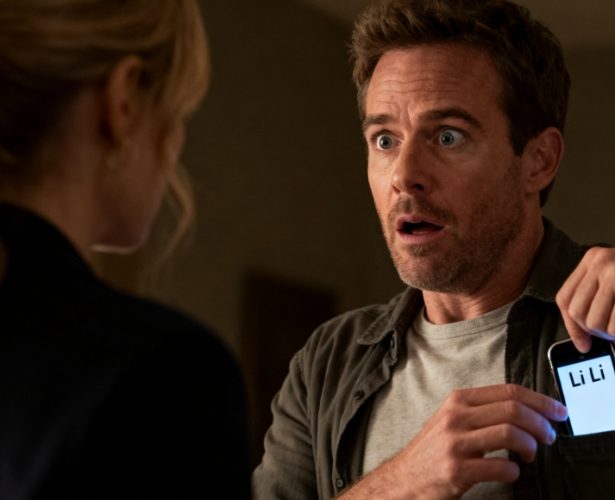

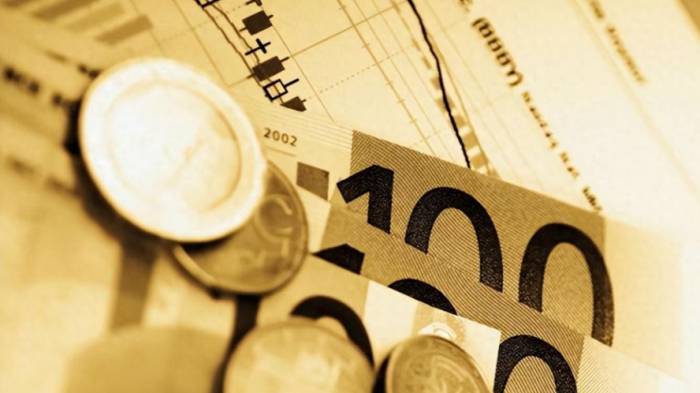
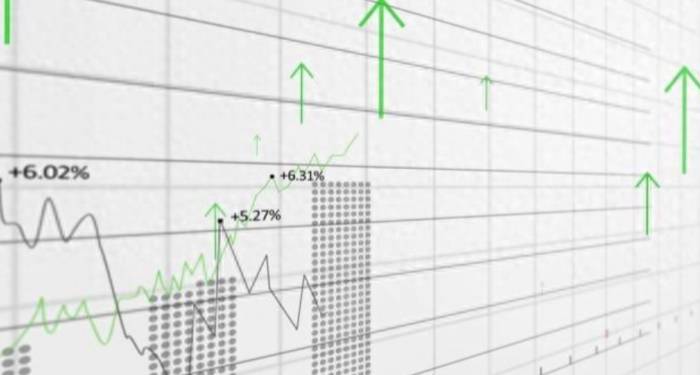

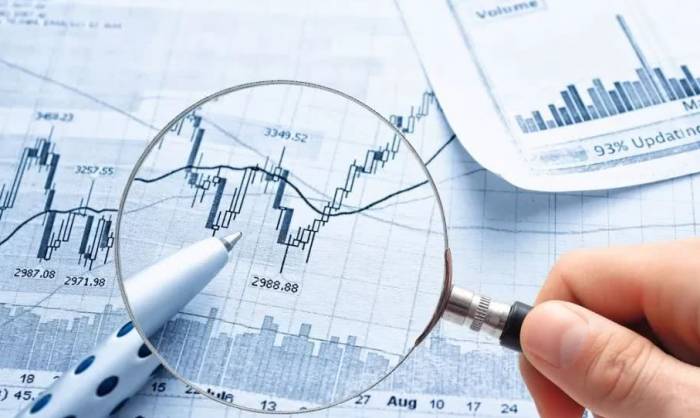
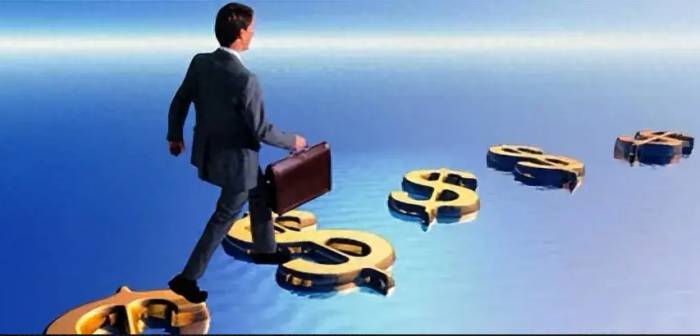
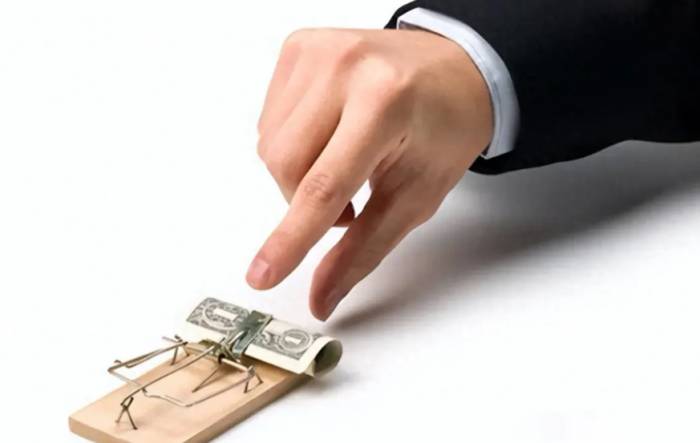
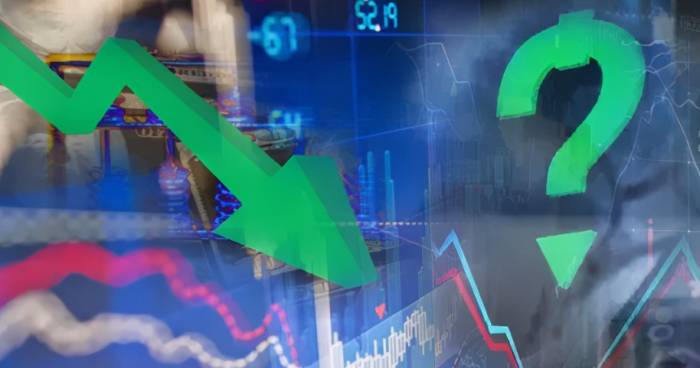

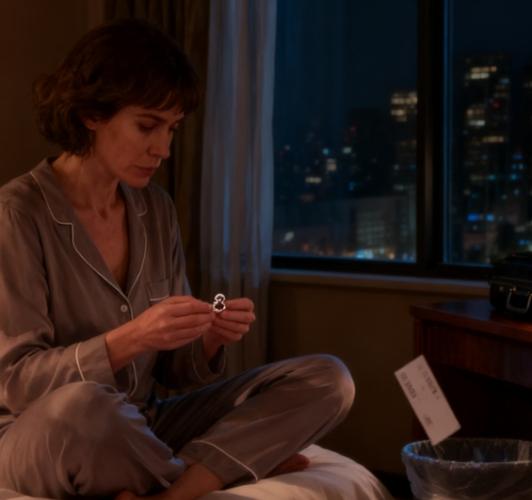

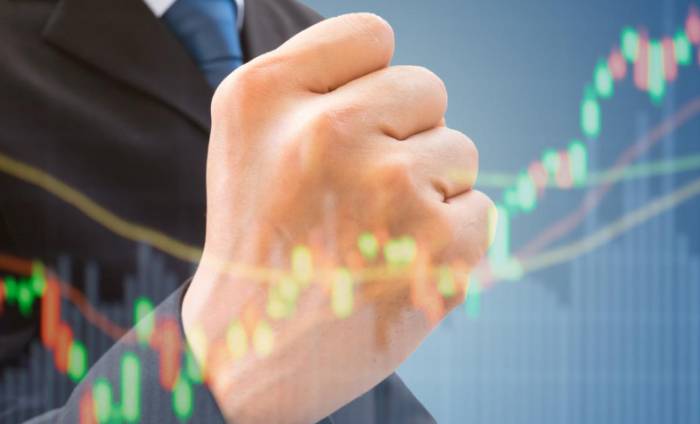
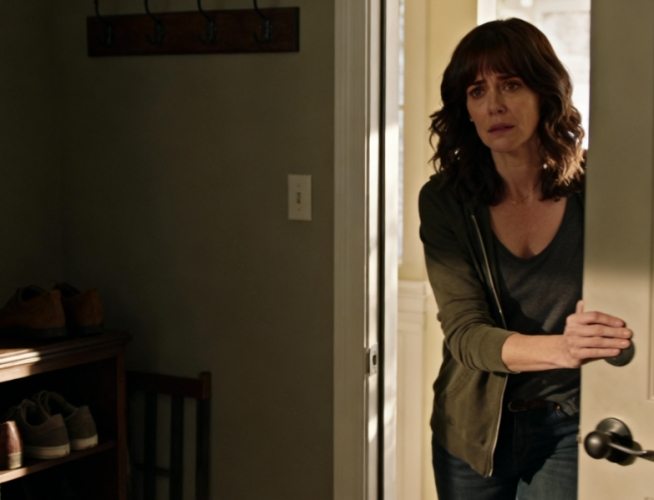


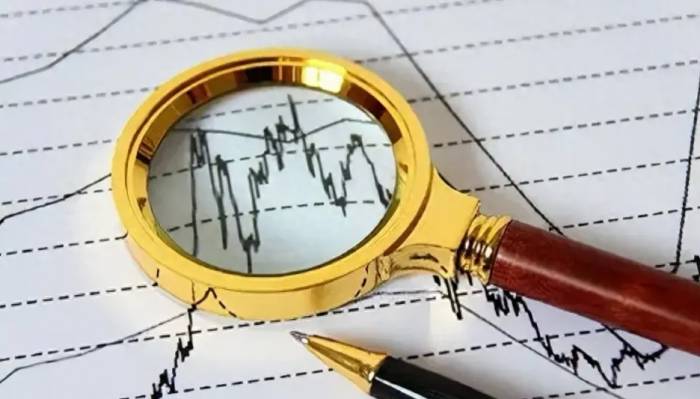

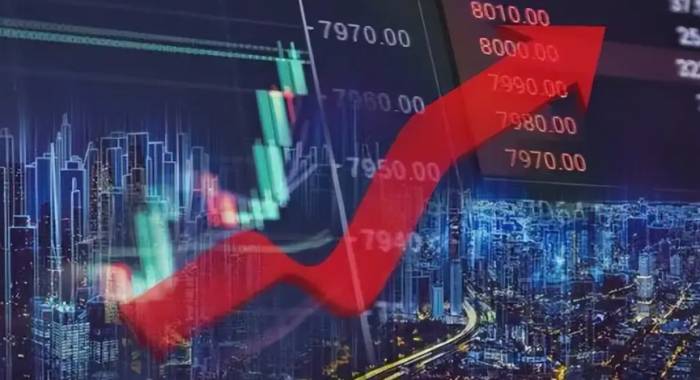


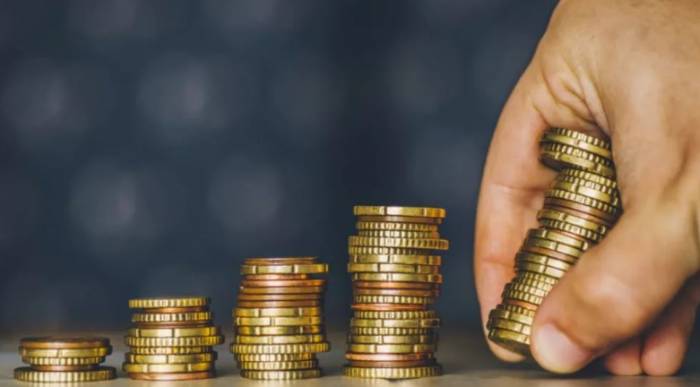

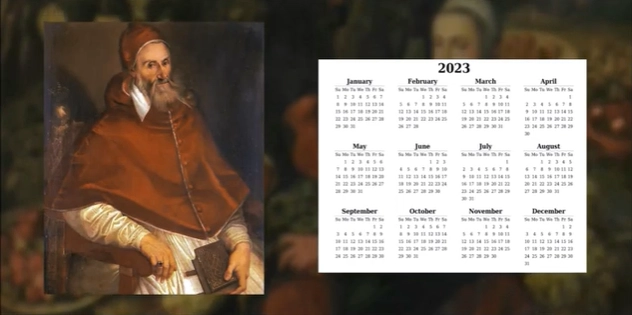
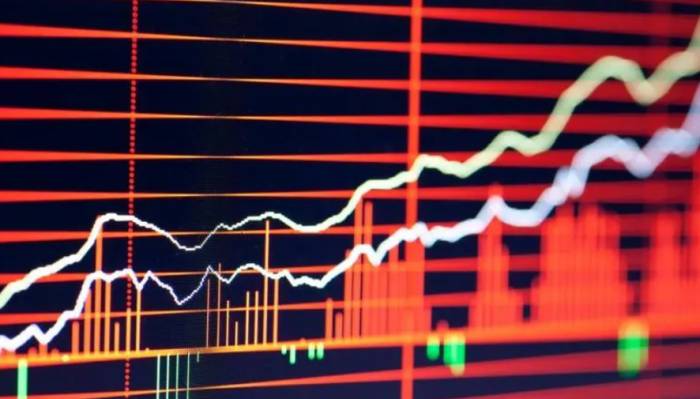
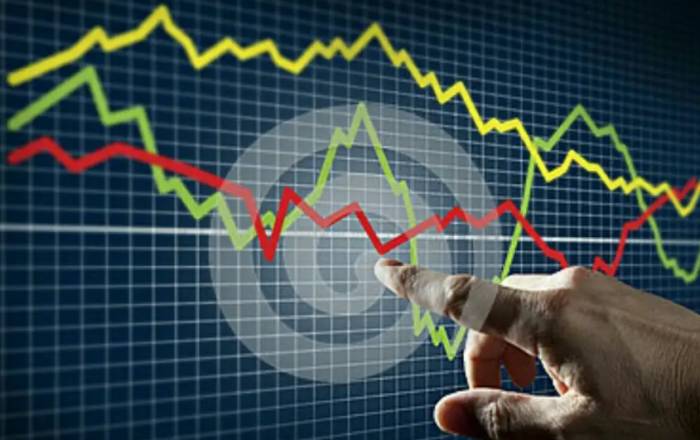
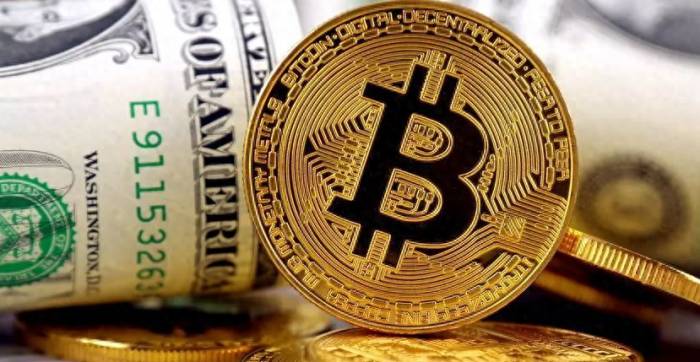
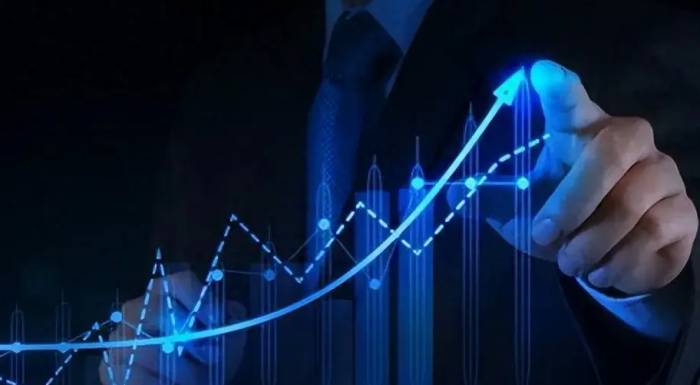
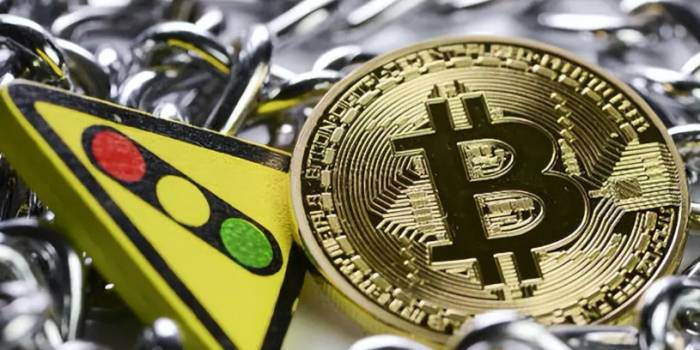

Discussion